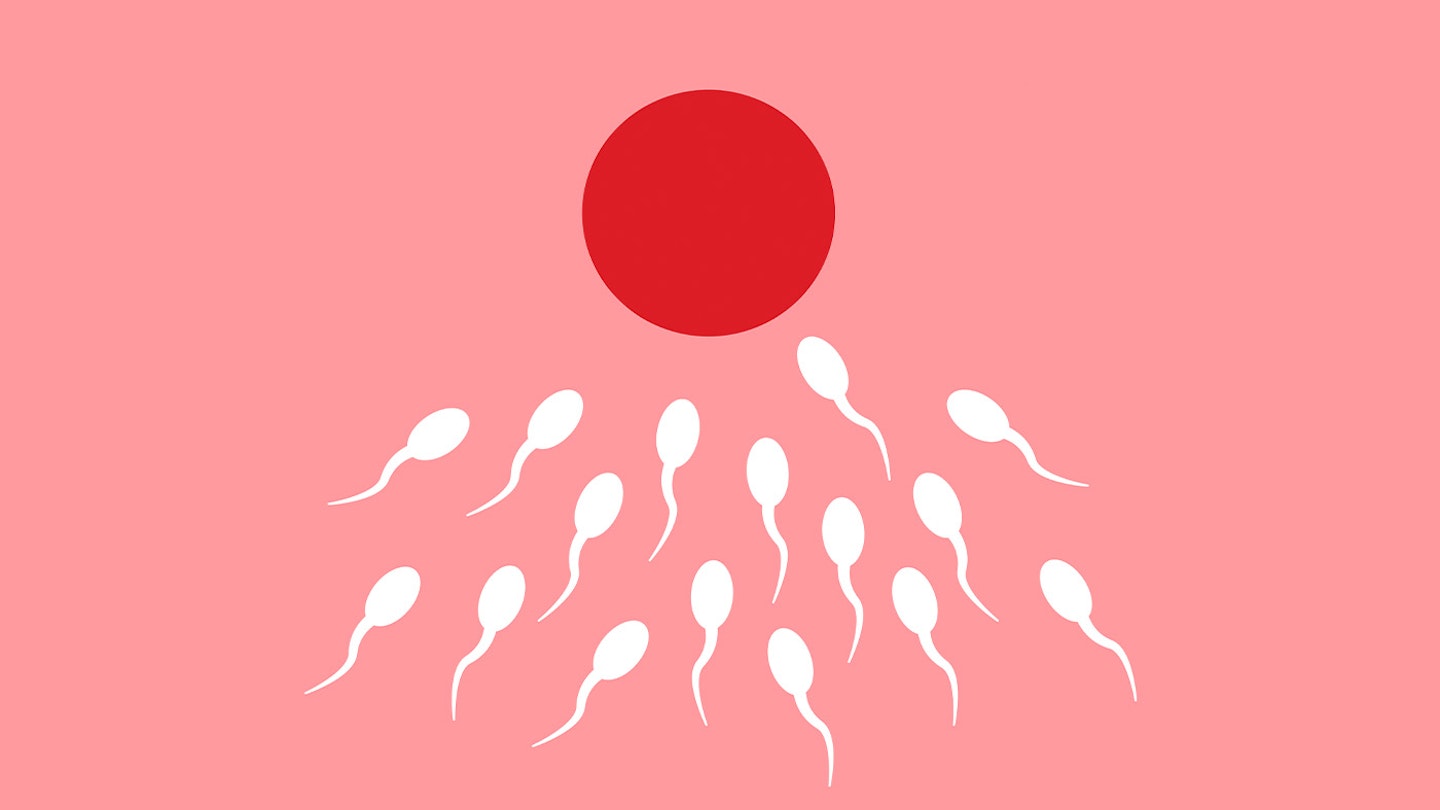There are a huge range of reasons why men might want to donate their sperm. Every year many children in the UK are conceived with the help of a donor; it’s a truly selfless act. And without one, many parents wouldn't have been able to fulfil their wishes to start a family.
People use donated sperm for a number of reasons. It might be because the man isn’t producing enough sperm or the sperm is of low quality, or it might be to avoid passing on inherited diseases. It can even be a side effect of treatments for conditions like cancer. Women in same sex couples and single women will also need donor sperm to have a family.
If you're wondering how to donate sperm, we've put together everything you need to know, with help and advice from Clare Ettinghausen of HFEA, the Human Fertilisation and Embryology Authority.
Who can donate sperm?
Sperm donors are normally aged between 18 and 46. All donors must be tested for certain diseases such as HIV and hepatitis, as well as any serious genetic diseases, before they can donate.
Is sperm donation anonymous?
Sperm donation is not anonymous. A change in the law in 2005 means that anyone conceived with the help of a donor can ask for their donor’s name, date of birth and last known address when they turn 18. Not everyone will ask for their donor’s details though or decide to contact them, but donors should think carefully about this before making a decision to donate.
Do you get paid for sperm donation?
UK sperm donors can claim ‘reasonable expenses’ of up to £35 per clinic visit, however, they can claim more for things like travel, accommodation or childcare if costs exceed this. It is illegal to pay a sperm donor more than their reasonable expenses.
Does the sperm donor have any rights over the children conceived from their donation?
Donors using a licensed UK fertility clinic will have no legal rights or responsibilities to children conceived from their donation. However, if someone donates outside of a licensed clinic, the situation is more complicated as they could be considered the legal father of any children conceived from their donation.
What is the process of donating sperm?
The first step to becoming a sperm donor is finding a licensed fertility clinic that is looking for sperm donors. The HFEA’s Choose a Fertility Clinic tool can help donors do this.
Once registered with a fertility clinic, the clinic will take down some personal information, some of which will be anonymised and available to hopeful parents looking to find a donor. This information can also be shared with any children born as a result of the donation when they turn 16, with identifiable information available to them once they turn 18.
All clinics are required to offer potential donors counselling and this is strongly recommended; it helps donors consider all the implications of their decision, including how it could affect a future family of their own.
Donors also have the opportunity to write a personal description and a goodwill message to help potential parents and any children conceived know more about them.
As mentioned previously, all donors must be tested for certain diseases such as HIV and hepatitis, as well as any serious genetic diseases, before they can donate. And the final part of the process – the actual sperm donation – requires donors going to a fertility clinic once a week for between three and six months to make a donation. Donors are asked to ejaculate into a cup, and then their sperm is taken away to be frozen ready for use in treatment, research or training.
Do donors find out what happened to their donation?
Sperm donors can find out the number of children born as a result of their donation, the gender and year of birth.
Can a donation be destroyed if a donor changes their mind?
Sperm donors must consent in writing before donating, but they can change or withdraw consent at any time up to the point at which their sperm is used in treatment. If a donation has been used but they don’t want it to be used again, they can withdraw consent. Consent to storage can be changed at any time.
